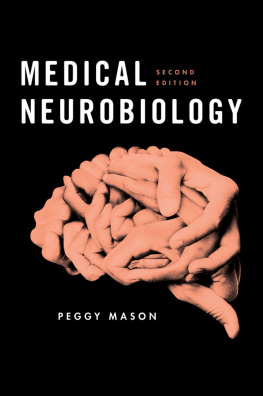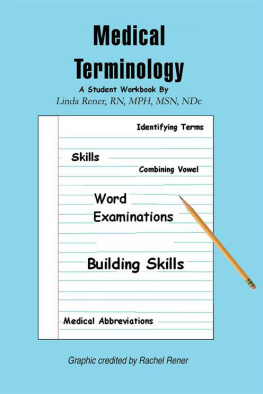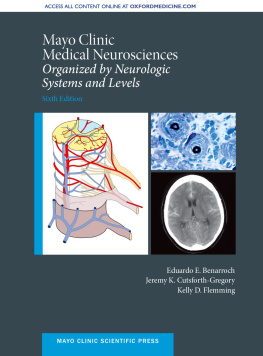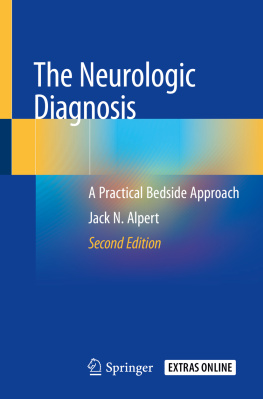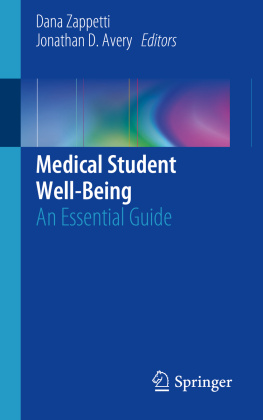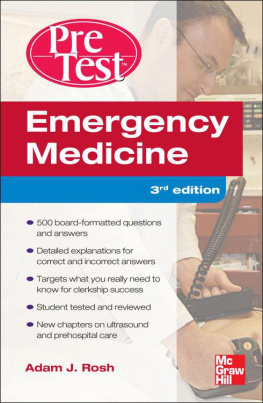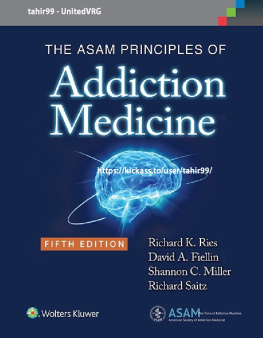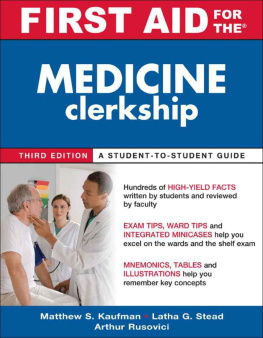ADVANCE PRAISE FOR MEDICAL NEUROBIOLOGY
Masons second edition seamlessly weaves stories of human neurological conditions, historical observations and neurobiological facts into a highly readable, informative and insightful story. The author has done a stellar job of relating details of development, anatomy, and cell function to medical problems. This is of great importance as it reinforces the concept that virtually everything you learn about neurobiology has medical significance. Nothing essential is omitted, even a lay person could pick up this book and easily learn about basic neurobiology and the clinical processes caused by its dysfunction. The material is strongly tied to clinical conditions and provides a unique level of understanding of the different neuropathological processesI recommend it enthusiastically, particularly for medical students and health care professional trainees interested in the nervous system. Howard L. Fields, MD, PhD, Professor of Neurology, University of California San Francisco, San Francisco, CA
Now it its second edition, Medical Neurobiology is an absorbing work, sole authored by Peggy Mason. Living up to the first word in the title, the book focuses exclusively on humans and provides an enriched view of how the brain makes us what we are as individuals. It is written with uncommon clarity. This is a synthesis, not only of systems and cellular functions in the brain, but also of malfunctions accompanying disease. This broad task is organized and presented as a build from the basics to the complexities such as perception and motor function. As such, Medical Neurobiology would be attractive to physicians at almost any level or field of training that wish to enrich their understanding of this remarkable organ but also crave a highly accessible read. James L. Madara, MD, CEO, American Medical Association, former Dean and Health System CEO, University of Chicago, Chicago, IL
My opinion of this book is admittedly biased because I love the brain as much as Dr. Mason does. That being said, as in any discipline, there are some books that are better than others and I can objectively say that this second edition of her book Medical Neurobiology is one of the very best books in its class. Dr. Mason has managed yet again to produce an erudite, comprehensive, and superbly explained account of the current state of the field as should be understood by the medical or graduate student. I wish I had used Medical Neurobiology 2nd Edition as a neurobiology textbook in graduate school, preferably with Dr. Mason as the professor. On R. Pagn, PhD, Department of Biology, West Chester University, West Chester, PA, Author of The First Brain: the Neuroscience of Planarians, Oxford University Press.
Dr. Mason, author of the remarkably clear, concise and accessible second edition of Medical Neurobiology, has accomplished the astonishing feat of turning a textbook into a page turner. The topics covered range from normal human neuroanatomy to the functional implications of injury to nervous system components and/or loss of connectivity of specific brain regions. All topics are presented in such a well-defined, straightforward and logical manner that even the most neuro-nave reader can (and will) master the material. This book is perfect for first year medical neuroscience training and for undergraduate biology students with an interest in how the nervous system works and what happens when neural signaling goes wrong. This book is exemplary in combining clarity and thoroughness in melding two highly complex topics. Lorna W. Role, PhD, Department of Neurobiology and Behavior, Stony Brook University, Stony Brook, NY
Conveying the essentials of the (dys)function of the most complicated organ in the body, the very organ that makes us who we are, is a daunting task. Peggy Mason has achieved this by presenting the essence of knowledge of brain function, from cells to networks, in a way that it will stick in the students brain well after the course. Medical Neurobiology is engaging and enjoyable to read, while including practical information that all physicians should know. The text on this complex topic captures todays readers interest and imagination, rather than being an encyclopedic stockpile of reference information. The book liberally highlights critical concepts throughout, helping the reader organize their thoughts as they read. Figures nicely illustrate complex concepts. Medical Neurobiology is a well-organized, highly digestible, text that will surely have a positive impact on neuroscience education in medicine for years to come. Larry J. Young, PhD, Department of Psychiatry, Emory University, Atlanta, GA
MEDICAL NEUROBIOLOGY
SECOND EDITION
Peggy Mason, PhD
DEPARTMENT OF NEUROBIOLOGY
UNIVERSITY OF CHICAGO
CHICAGO, IL


Oxford University Press is a department of the University of Oxford. It furthers the Universitys objective of excellence in research, scholarship, and education by publishing worldwide. Oxford is a registered trade mark of Oxford University Press in the UK and certain other countries.
Published in the United States of America by Oxford University Press
198 Madison Avenue, New York, NY 10016, United States of America.
Oxford University Press 2017
First Edition published in 2011
All rights reserved. No part of this publication may be reproduced, stored in a retrieval system, or transmitted, in any form or by any means, without the prior permission in writing of Oxford University Press, or as expressly permitted by law, by license, or under terms agreed with the appropriate reproduction rights organization. Inquiries concerning reproduction outside the scope of the above should be sent to the Rights Department, Oxford University Press, at the address above.
You must not circulate this work in any other form and you must impose this same condition on any acquirer.
Library of Congress Cataloging-in-Publication Data
Names: Mason, Peggy (Neurobiologist), author.
Title: Medical neurobiology / by Peggy Mason.
Description: Second edition. | New York, NY : Oxford University Press, [2017] | Includes bibliographical references and index.
Identifiers: LCCN 2016028872 | ISBN 9780190237493 (alk. paper) | eISBN 9780190237516
Subjects: | MESH: Nervous System Physiological Phenomena | Nervous System Diseases
Classification: LCC QP355.2 | NLM WL 102 | DDC 612.8--dc23 LC record available at https://lccn.loc.gov/2016028872
This material is not intended to be, and should not be considered, a substitute for medical or other professional advice. Treatment for the conditions described in this material is highly dependent on the individual circumstances. And, while this material is designed to offer accurate information with respect to the subject matter covered and to be current as of the time it was written, research and knowledge about medical and health issues is constantly evolving and dose schedules for medications are being revised continually, with new side effects recognized and accounted for regularly. Readers must therefore always check the product information and clinical procedures with the most up-to-date published product information and data sheets provided by the manufacturers and the most recent codes of conduct and safety regulation. The publisher and the authors make no representations or warranties to readers, express or implied, as to the accuracy or completeness of this material. Without limiting the foregoing, the publisher and the authors make no representations or warranties as to the accuracy or efficacy of the drug dosages mentioned in the material. The authors and the publisher do not accept, and expressly disclaim, any responsibility for any liability, loss or risk that may be claimed or incurred as a consequence of the use and/or application of any of the contents of this material.

